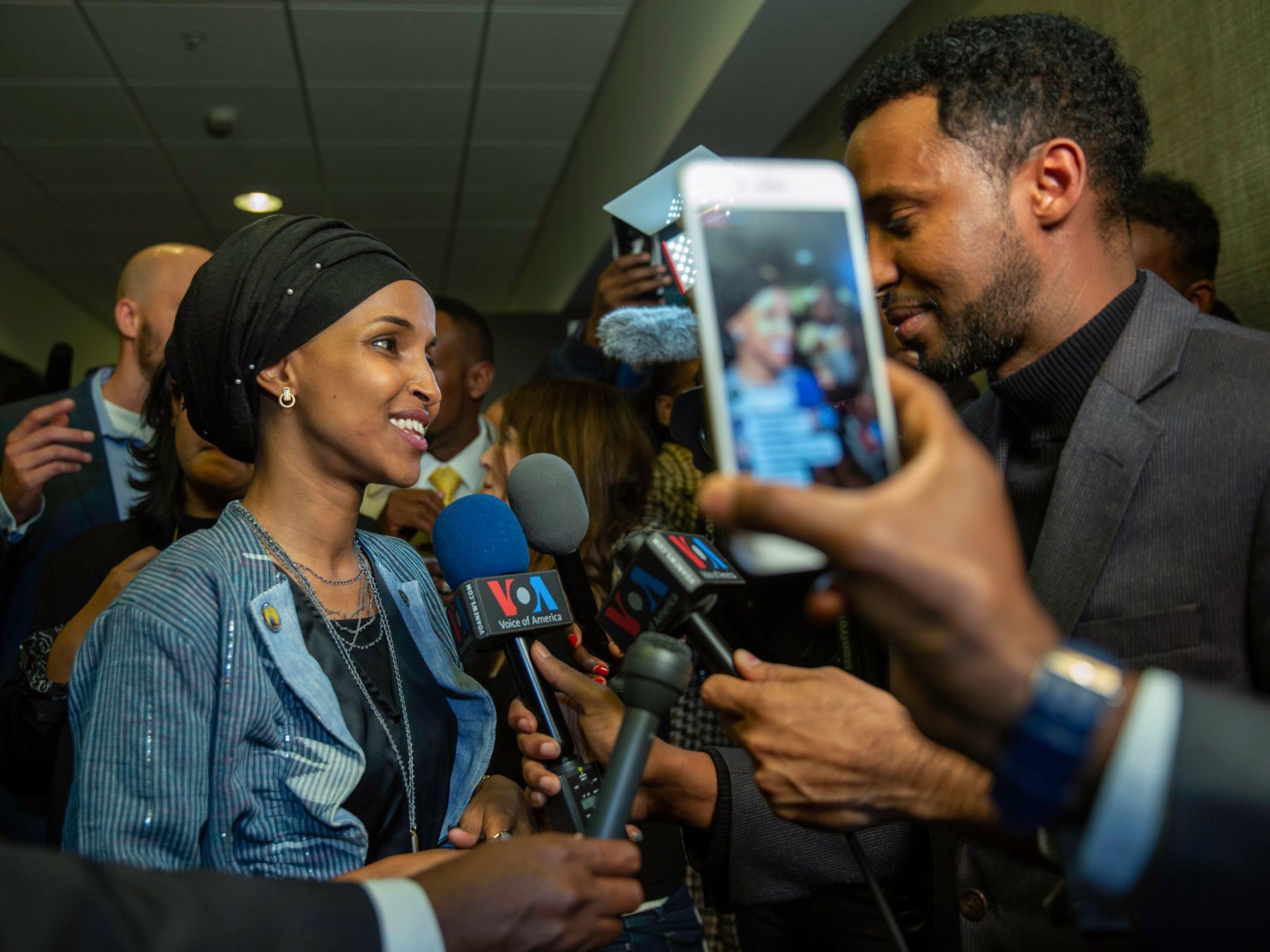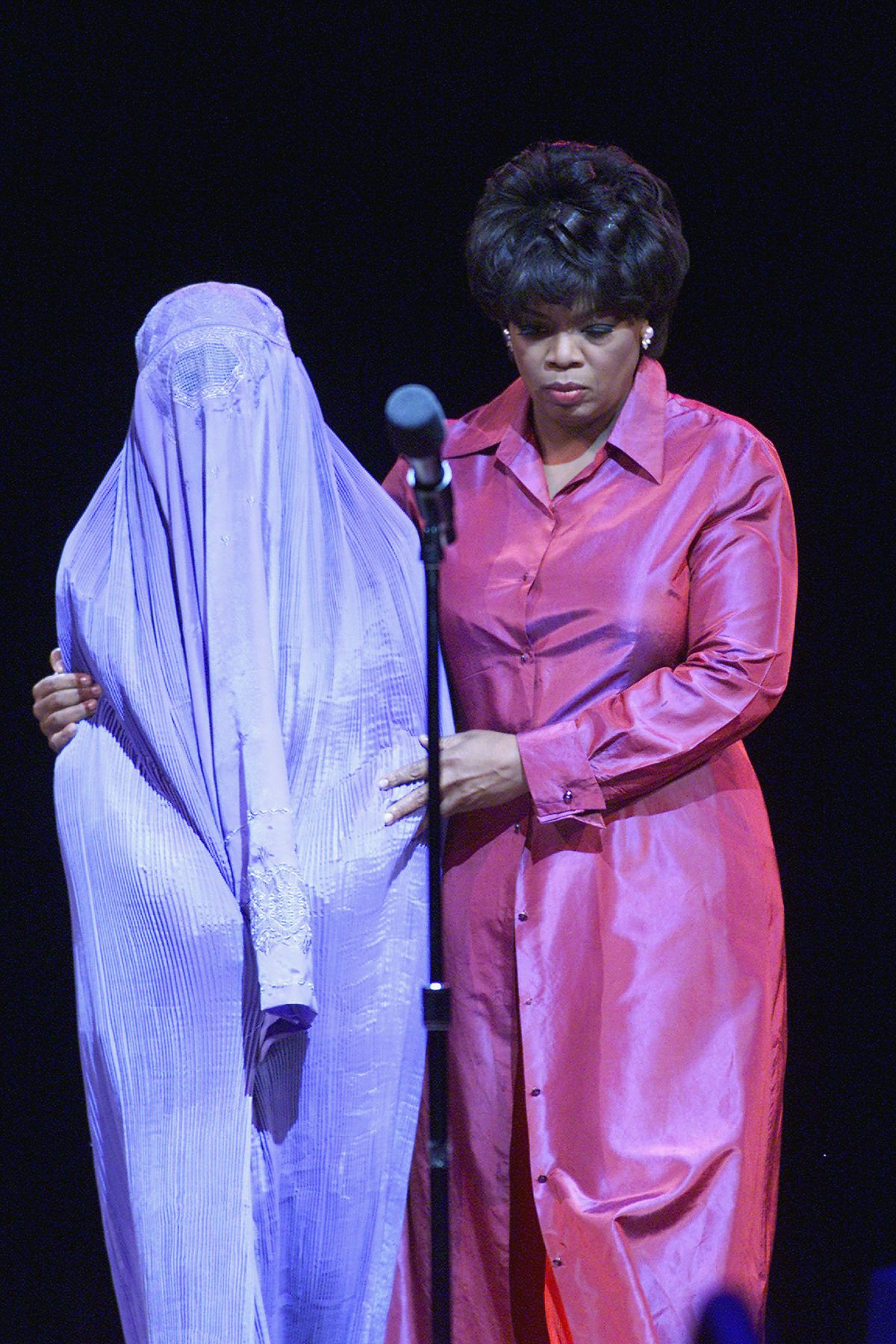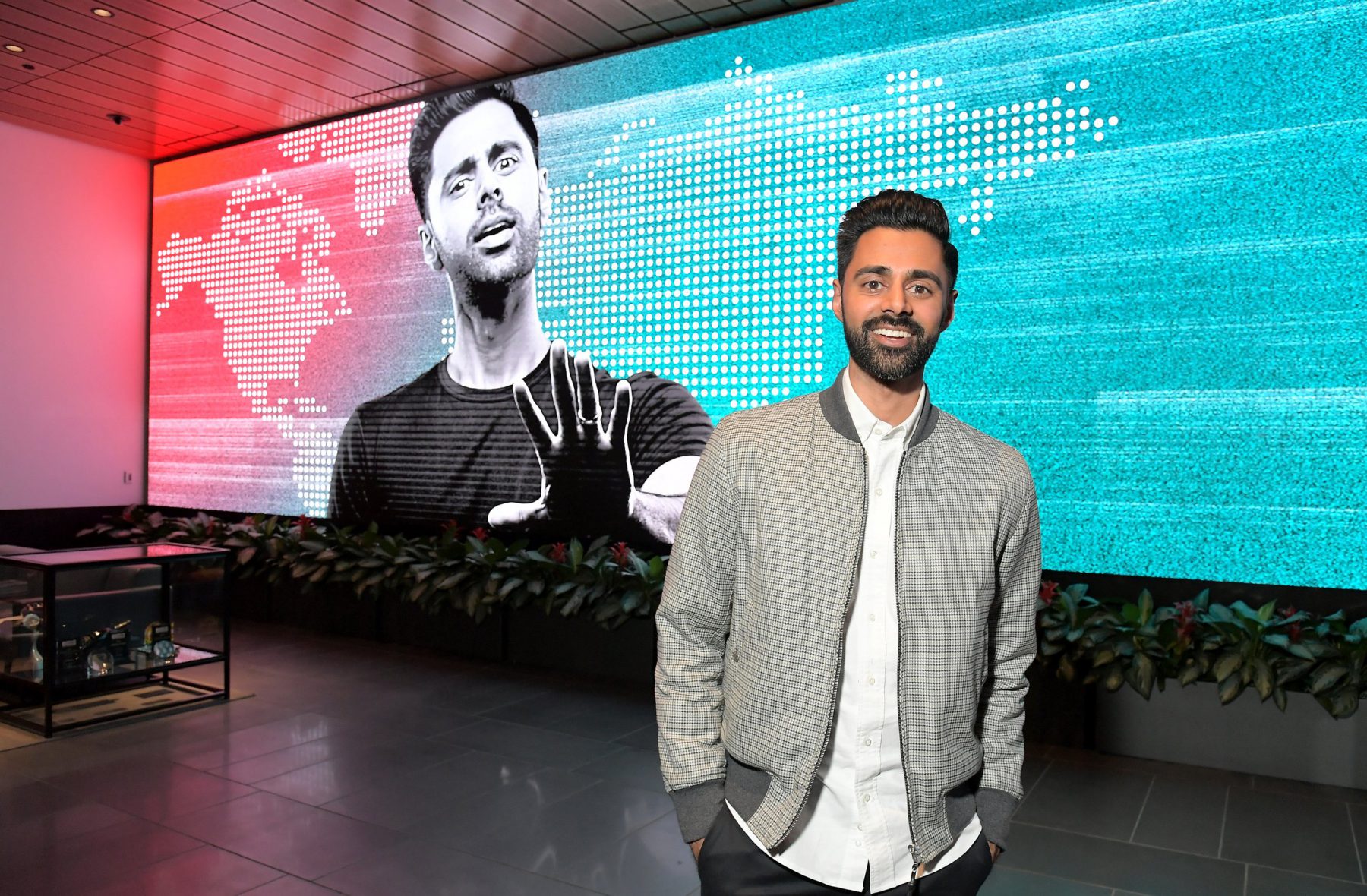
Recently, I was — as one does in the midst of a global pandemic or on any given weekend — binge-watching the Netflix series “Midnight Mass.” A brilliantly done slow-burn exploring the role of our egos and desires in the bastardization of faith, the inclusion of two Muslim characters, a father and son by the name of Hassan and Ali, left me unexpectedly touched.
Hassan, portrayed by Rahul Kohli, is a single father widower and newly arrived sheriff on an island off the American coast who faces anti-Muslim bigotry in the police institution he naively trusted post-9/11.
Initially, his inclusion comes across as another dip into the pool of forced representational politics. You know the kind: where the unique experiences of certain communities are reduced to a few poorly written lines reiterating stereotypes by a tokenized character who has no arc and would be better off just being a traffic stoplight in the midst of an empty intersection insofar as the development of a show or film’s plot goes.
And if not that, then having the represented community’s particularities ham-fisted down our throats to show their chronic cultural solitude against the norm; a representation infused with pity written into the character, not a dynamic humanity.
The series’ last two episodes take the slow burn of the previous five and engulf the audience in its flames. Hassan’s character, in pain over his son’s crisis of faith and his own role as a perpetual outsider forced to hold this [Christian] community to account, is brought to a stunning but quiet conclusion in the show’s final moment. I could not fight back my tears — and for all my cynicism about how questions of representation are answered in our media, I realized my emotional response wasn’t to Hassan and Ali’s Muslim characterdom, but to how despite their very different — and in the case of Hassan, very proud — experience of faith, those final moments brought a unison across faith and communities only sometimes possible in the certainty of death.
The need for the vilification of Islam and Arabs… in news and entertainment [is] a necessary byproduct of foreign policy dictates and directions.
And I also realized that, despite one particular moment of preaching on the role of Jesus in Islam vs. Christianity, the show, written and produced by those not Muslim, wasn’t trying to really define Islam. Because it’s a show about faith and experiences with and within it.
In his 1981 book, “Covering Islam,” the late Palestinian-American scholar Edward W. Said explored the ways in which Islam is created and imagined in our news coverage, as well as — to a lesser extent — our entertainment. The latter was more thoroughly explored by the late Lebanese-American scholar Jack Shaheen in the book and documentary “Reel Bad Arabs: How Hollywood Vilifies a People.”
Both Said and Shaheen — whose work has been built upon by a litany of others — identified the need for the vilification of Islam and Arabs (as they are treated one and the same) in news and entertainment as a necessary byproduct of foreign policy dictates and directions, especially, as Said notes, following the 1979 Islamic Revolution in Iran which signifianctly impacted U.S. geostrategic movement and interests in the region popularly referred to as the Middle East.
In the 1997 introduction to “Covering Islam,” Said writes, “‘Islam’ defines a relatively small proportion of what actually takes place in the Islamic world, which numbers a billion people, and… an infinite number of different experiences” and that the “norms of rational sense are suspended when discussions of Islam are carried on.”
He mentions briefly how in trying to define Islam, a purposeful synthesis of “Islam” and the term “fundamentalism” has been done “almost automatically…although [fundamentalism] has a flourishing, usually elided, relationship with Christianity, Judaism and Hinduism.” And these “deliberately created associations… ensure that the average reader comes to see Islam and fundamentalism as essentially the same thing.”
Said wrote this more than two decades ago — and so I am sure many of you reading this may be thinking: well yes, but things have gotten significantly better! “Ramy” won an Emmy! Mahershala Ali won an Oscar! Have you seen the perfect Muslim girls in hijab on TikTok? They are fashion icons. We left Afghanistan. Nike makes athletic hijabs. Ayman Mohyeldin, Mehdi Hasan and Ali Velshi are Muslim anchors with new shows on MSNBC. Did you even watch “Patriot Act”? Things are better.

It’s true that there is a level of sensitivity and inclusivity present today that wasn’t there in 2001, 2002, 2003, 2004 or really any time before the last couple of years. In 2021, we don’t have Oprah taking a cerulean burqa off an Afghan American activist at a Vagina Monologues event. SNL isn’t producing wildly racist cartoons under the guise of satire harder to find than WMDs. The proliferation of user-generated content — whether on Twitter or TikTok — also has allowed for a level of unprecedented audience engagement, including by those directly impacted by the narratives produced by the news and entertainment industries. (NBC Universal is the parent company of SNL.)
But whereas there’s been an over-correction in some parts of the industry — like making an out-of-touch demand for hijab-representation at the Met Gala or the attempted humanization (?) of Afghans via their proximity to American foreign policy interests — there’s actually been very little movement, in the last 20 years, on the tropes that underpin coverage of Muslims and thus, Islam.
Because we haven’t really changed how Islam is defined and imagined.
Said writes, “much of what one reads and sees in the media about Islam represents the aggression as coming from Islam because that is what ‘Islam’ is. Local and concrete circumstances are thus obliterated…covering Islam is a one-sided activity that obscures what ‘we’ do, and highlights instead what Muslims and Arabs by their very flawed nature are.”
Muslims — in life and representation — are often offered two choices: they are either peaceful or they are fundamentalists, prone to violence. In life, this translates to programs such as Countering Violent Extremism or PREVENT or to halting the building of mosques and pressuring religious scholars and leaders to register with state authorities. Or, as experienced by millions of Muslims globally, it translates to drones and bombs, constant economic and political destabilization in the name of outing “radicals” or unsavory governments.

In representation, this means that even when murdered in our places of worship, we are called “peaceful” as though clarification is necessary. When those of us who live under occupation fight back after being attacked in our places of worship by U.S.-allied occupying state forces, we are not victims or resistors — we are made into equal aggressors. It means that when our children are born into violent situations they didn’t choose, they are described as “time bombs”; their lives are already determined as threats to be stopped versus trauma to be rehabilitated.
In the past 20 years, much has changed with regards to coverage of Islam and Muslims in U.S. news media in particular, but much of that change is superficial. It is not enough to have Muslim journalists in the newsroom or Muslim faces on camera — an idea that treats “Muslim” as an ethnicity versus an identity that has been racialized into existence in the last two decades. What is necessary is for those in newsrooms, in production houses and those who consume content to recognize the way in which Islam and Muslims have been defined by us and the purpose that has served.
I don’t hold any expectation of a dismantling of a narrative structure that has boxed over 1.7 billion people into neatly pre-packaged categories for the sake of long existing domestic and foreign policy interests — but that doesn’t mean we should stop demanding and doing better.



